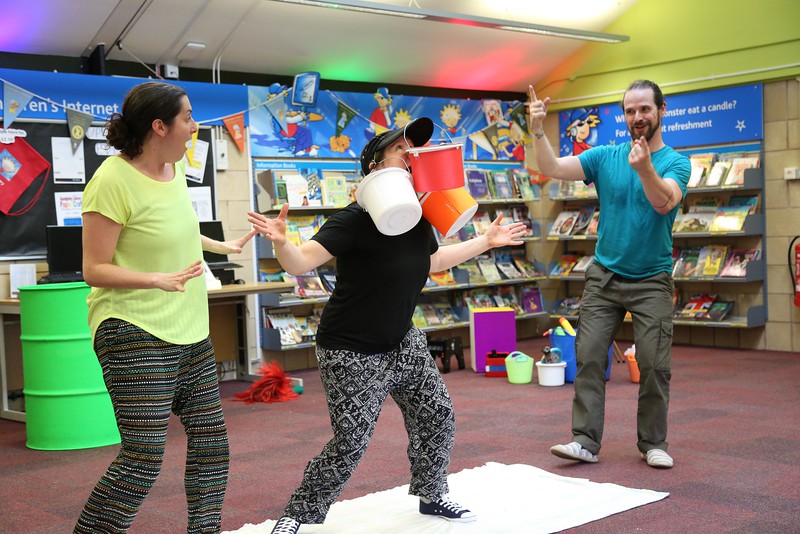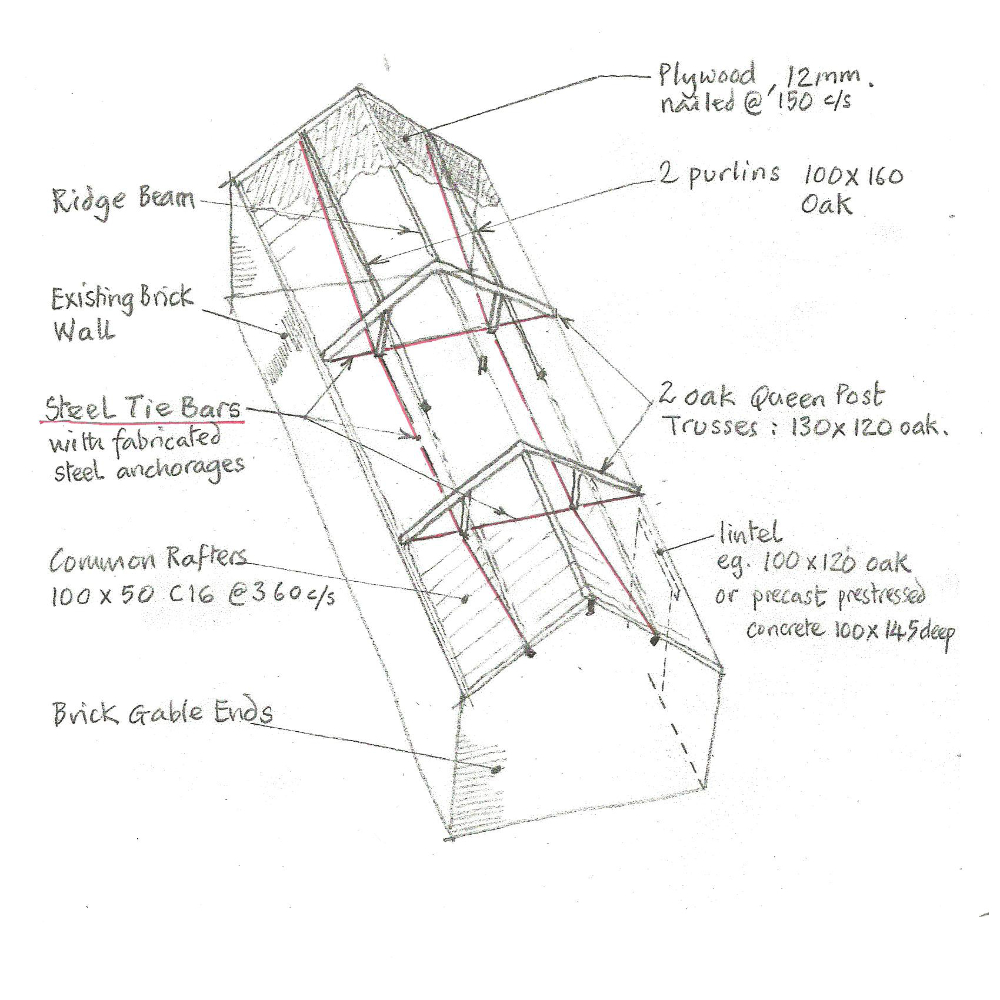
Image: TwoCan
All In: Architecture for an Inclusive Community
The importance of creating inclusive community spaces cannot be overstated. Choices made in the design, planning, and management of our buildings can either enhance or impede a sense of belonging, influence feelings of security, expand or restrict boundaries, encourage, or hinder mobility, and positively or negatively affect health. They have the power to dismantle both real and perceived barriers between communities, fostering understanding and a generous spirit.
Inclusive, or universal design, encompasses comfort, body fit, wellness, social integration, understanding, personalisation, cultural appropriateness, and awareness. Guided by these principles, inclusive design endeavours to develop spaces that offer solutions accommodating everyone, extending a warm welcome to individuals of all ages, sexual orientations, genders, health conditions or impairments, and ethnic backgrounds.
Our studio has been championing inclusivity through our approach to community spaces, designing buildings that are not just aesthetically pleasing, but also functional, welcoming spaces for all. Understanding that inclusive design goes beyond physical accessibility, we aim to integrate cultural, social, and emotional elements in our projects.

TwoCan Project: Crafting an Inclusive Theatre
TwoCan Inclusive Theatre Company, a charitable organisation, having secured a venue to call its own, has embarked on a transformation aimed at redefining both the physical space and the impact it can have on its users. TwoCan recently acquired a Victorian church building to serve as their dedicated theatre and workshop space, marking the beginning of ambitious future plans.
We were appointed as the architects last year, and with a planning application recently submitted , the project is now in full swing. The year-long redevelopment project extends beyond the confines of a performance stage, delving into educational and community programs to dismantle preconceived notions about disability. Through meticulous research and community engagement, the project sets out to dismantle participation barriers, expanding its reach into new areas while fostering an environment where families are encouraged to partake in the experience.
The brief embodied a commitment to flexibility over formality, embracing theatre in all its formats and genres while challenging perceptions of disability.
Sustainability stands as a cornerstone, the redevelopment includes plans for a sensory garden, training opportunities in the kitchen, and a commitment to overcoming spatial challenges for optimal utilisation.
The small kitchen and café area, a nucleus of community engagement, will undergo a transformation into an inclusive culinary hub. Partnering with organisations like Wiggly (Food Charity), TwoCan aims to host a variety of food events, fostering independence skills and providing kitchen support for asylum seekers.
The redesign introduces adjustable workstations and sensory-friendly finishes to accommodate diverse needs, allowing for the integration of wheelchairs and fostering an inclusive dining space.
The divided hall space, currently a canvas awaiting transformation, will become a versatile performance hub. Equipped with thermal and acoustic insulation, stage lighting infrastructure, and accessibility features, it aims to challenge and excite participants and audiences alike. The design envisions a dynamic space with interactive lighting and sound beam facilities, aligning with TwoCan’s commitment to innovation and inclusivity.
The current setup with two small toilets and a storage room undergoes a reconfiguration to create fully accessible toilets and a changing area with hoist facilities. This section prioritises accessibility, ensuring that the architectural design reflects the ethos of TwoCan in providing a welcoming and supportive environment for all individuals.
As this project takes flight, it embodies the belief that architecture can be a catalyst for societal change, creating spaces that transcend physical boundaries and embrace the richness of human diversity.

The Black Bull: A Reimagined Community Space
The scope of this project encompassed the restoration, alteration, and refurbishment of an 18th-century hall attached to a Grade II listed 17th-century inn. The hall, having suffered extensive neglect over the years, was on the brink of collapse.
Our completed work involved a comprehensive reconstruction of the roof and certain walls. Additionally, efforts were made to conserve the vernacular clunch-block brickwork found within the original structure of the building, respecting the historic importance of this building for the local community.
Our project also embarked on a transformative journey to enhance the overall accessibility and appeal of a communal space. At the heart of this endeavour was the creation of a versatile and easily bookable amenity space, strategically positioned to cater to the needs of the surrounding villages. The thoughtfully designed space was not only accessible by both car and local bus, but it was also designed to cater to the challenges faced by individuals with mobility impairments. Importantly, the separation of this amenity space from the pub itself added a layer of diversity to the village’s offerings, moving beyond the confines of a licensed bar. This intentional separation fostered a more inclusive environment, appealing to new, diverse customers, thus enriching the overall experience for the entire community.
Both projects demonstrate the transformative impact of inclusivity in architectural projects, underscoring the profound potential of design to create spaces that truly resonate with the needs of everyone, making our communities richer, more vibrant, and truly inclusive.
